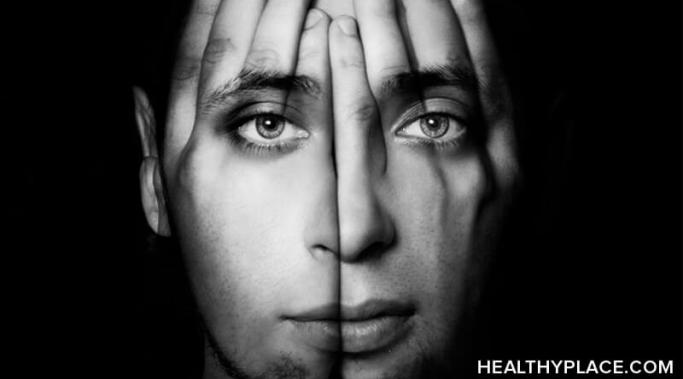Blogs
Facing verbal abuse can be traumatic for anyone, especially when it continues for years, like in my experience. After existing in a world that includes regular abusive treatment, it can be difficult to see past your own painful situation.
The combination of confrontation and anxiety is a significant issue for me. We've all had to make that dreaded call to customer service to report an issue. Something has gone wrong, so you're already ticked off, but you do your best to proceed politely. Or, at least, I do. Most times, the issue is resolved quickly and with minimal upset. But then there's that one frustrating experience where nothing goes right, and the resolutions are unacceptable, which triggers so much anxiety that you feel you'll either explode or simply shut down.
When I was a young woman, before my first psychotic episode, I was incredibly independent. I frequently traveled internationally to Egypt and Brazil to visit my parents, who worked overseas. I also took road trips from Seattle to as far as San Diego by myself. Those days of independence are long gone. As someone with a severe mental illness, I need to connect and rely on people more than I ever imagined, but though I have schizophrenia, I am not a burden.
Did you know that the most helpful treatment for borderline personality disorder (BPD) is age? According to a 16-year-long study, 88 percent of patients no longer met the "Diagnostic and Statistical Manual of Mental Disorders" criteria for BPD after eight years, while 99 percent remitted after 16 years. I just turned 30 myself, and my BPD symptoms have greatly improved over the past 12 years. This is my experience with BPD since becoming an adult.
Most of my thoughts and beliefs about recovery focus on what I can integrate into my routine to help me change harmful patterns. I practice observing my patterns, which manifest in many ways. I observe how I react to stress, how I listen and respond to others, and how I think about myself and others. This is a lot to observe and try to change, and lately, I'm narrowing my focus on my ability to show myself compassion in recovery.
When I had nothing but my mental health struggles, I had writing. I had no answers. I had no knowledge of how to fix or stop my pain. I only had emotions simultaneously carving out and bursting from my aching chest, so I tried to put them into words. In doing so, without knowing it, I was writing my way to recovery.
With the holiday rush approaching, I sometimes catastrophize everything that can go wrong while working in retail. My anxiety makes it difficult to enjoy life. But last week, taking a much-needed vacation helped me find joy and relaxation. My mother and I took a holiday-themed bus tour to Dollywood. We didn’t have to pack food or book the hotel, as that was done by the tour company. To learn about how the trip helped me find joy, continue reading this post.
Healthy coping tools like self-harm comfort audio can play a critical role in the process of getting and staying clean from nonsuicidal self-injury.
One of my favorite memes on social media says something like, “It’s almost time for me to put away my normal anxiety and put on my fancy Christmas anxiety.” Christmas is a very anxious--even manic--time of year for many people. But I have a special reason why my anxiety skyrockets around the holidays.
Ignorance is bliss. Or is it? It can be challenging to decipher the true root of ignorance. Is it the literal definition of the word, lack of knowledge or awareness? Does malicious intent fuel ignorance? Does a lack of empathy fuel ignorance? Although daunting, the truth is, understanding the root of the ignorance in question is the first step toward improvement. Regarding mental health stigma, ignorance is one of the biggest obstacles to progress. Let's unpack a few common motives behind ignorance to help gauge a path forward concerning mental health stigma.









